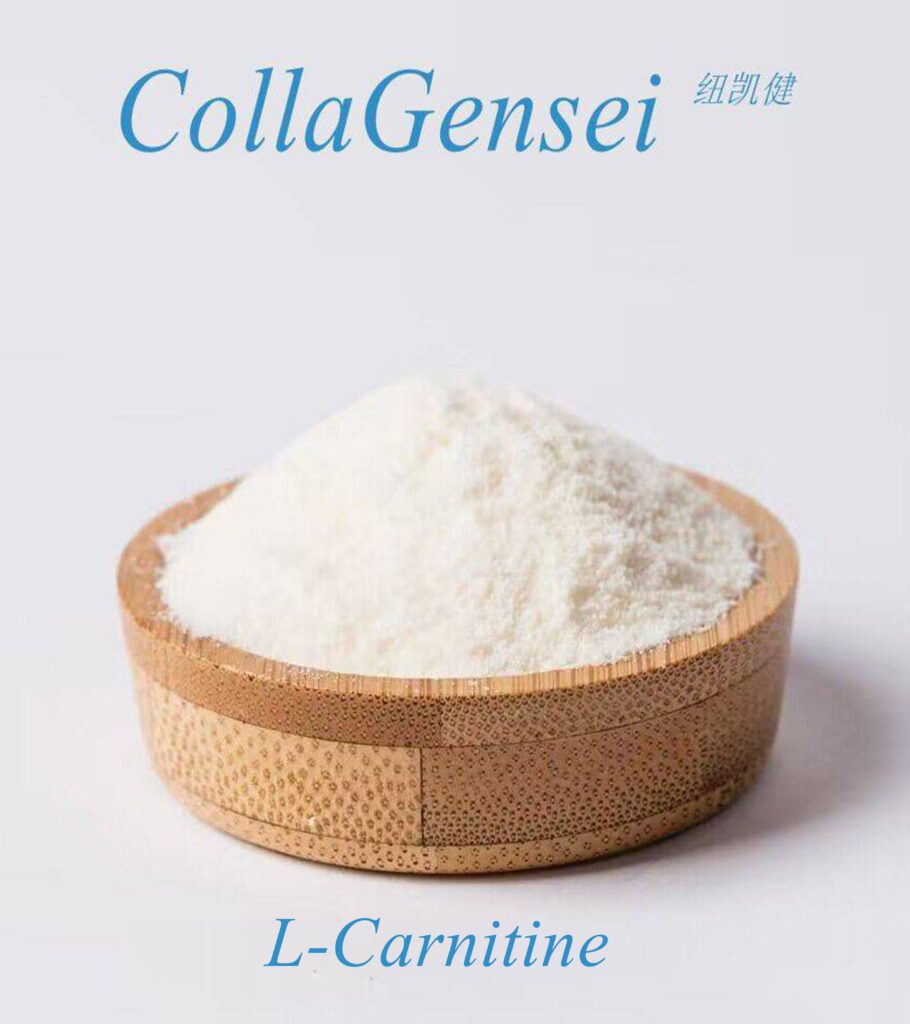Introduction
In the quest for improved health and performance, dietary supplements have gained considerable attention. Among these, beef protein isolate and alpha lipoic acid (ALA) stand out for their distinct advantages and applications. This article aims to explore the origins, nutritional profiles, health benefits, and practical uses of both supplements, offering a comprehensive understanding of their roles in enhancing health and fitness.

Chapter 1: Understanding Beef Protein Isolate
What is Beef Protein Isolate?
Definition and Composition Beef protein isolate is a highly concentrated form of protein extracted from beef, typically containing around 90% protein with minimal fat and carbohydrates. This makes it an ideal option for those seeking to boost their protein intake without unnecessary calories.
Nutritional Profile A typical serving of beef protein isolate provides essential amino acids necessary for muscle growth and repair, particularly branched-chain amino acids (BCAAs), which are crucial for athletes and fitness enthusiasts.
Sources and Production
How is Beef Protein Isolate Made? The production process involves hydrolyzing beef protein and filtering out non-protein components, resulting in a fine powder that can be easily mixed into various foods and beverages.
Quality and Sourcing High-quality beef protein isolate is often sourced from grass-fed cattle, which provide a more favorable nutrient profile compared to grain-fed cattle. Grass-fed beef is typically richer in omega-3 fatty acids and antioxidants.
Health Benefits of Beef Protein Isolate
Muscle Growth and Recovery Research indicates that beef protein isolate is effective for promoting muscle growth and recovery post-exercise. Studies show that animal proteins are more effective at stimulating muscle protein synthesis compared to plant-based proteins.
Weight Management High-protein diets can enhance feelings of fullness, reduce overall calorie intake, and support weight management. Beef protein isolate helps maintain muscle mass during weight loss.
Nutritional Supplementation For individuals with specific dietary needs, such as athletes or those with dietary restrictions, beef protein isolate serves as an effective means of meeting protein requirements.
Scientific Studies and Evidence
Research on Beef Protein Numerous studies have highlighted the benefits of beef protein isolate in promoting muscle recovery and growth. For example, a study published in the “Journal of Nutrition” found that participants consuming beef protein showed greater increases in lean muscle mass compared to those consuming plant proteins.
Case Studies Athletes who incorporate beef protein isolate into their diets often report improved performance, enhanced recovery, and increased muscle mass, demonstrating its effectiveness in sports nutrition.
Incorporating Beef Protein Isolate into Your Diet
Available Forms Beef protein isolate is commonly available as a powder that can be mixed into shakes, smoothies, and baked goods. Its neutral flavor allows for easy incorporation into various recipes.
Usage Recommendations A standard serving size is around 20-30 grams, which can be adjusted based on individual protein needs and activity levels. Consuming it post-workout is recommended for optimal recovery.
Chapter 2: Understanding Alpha Lipoic Acid
What is Alpha Lipoic Acid?
Definition and Composition Alpha lipoic acid (ALA) is a naturally occurring antioxidant found in every cell of the body. It plays a critical role in energy metabolism and is unique for its ability to function in both water and fat environments.
Nutritional Profile ALA is known for its potent antioxidant properties, which help protect cells from oxidative stress. It is also involved in the recycling of other antioxidants, such as vitamins C and E.
Sources and Production
Natural Sources of ALA While the body produces ALA, it can also be obtained from dietary sources such as spinach, broccoli, potatoes, and yeast. However, supplementation is often recommended to achieve therapeutic doses.
Forms of ALA ALA supplements are available in various forms, including capsules, tablets, and powders. The dosage can vary, but common recommendations range from 300 to 600 mg per day.
Health Benefits of Alpha Lipoic Acid
Antioxidant Properties ALA is a powerful antioxidant that helps neutralize free radicals, thereby reducing oxidative stress and inflammation in the body.
Blood Sugar Regulation Studies suggest that ALA can improve insulin sensitivity and help regulate blood sugar levels, making it beneficial for individuals with type 2 diabetes or metabolic syndrome.
Neurological Health Research indicates that ALA may have neuroprotective effects, potentially reducing the risk of neurodegenerative diseases such as Alzheimer’s and Parkinson’s.
Scientific Evidence and Research
Research on ALA Numerous studies have demonstrated the benefits of ALA in managing blood sugar levels and its antioxidant effects. A meta-analysis published in the “Diabetes Care” journal found that ALA supplementation significantly improved insulin sensitivity.
Case Studies Individuals supplementing with ALA often report improvements in energy levels, reduced symptoms of diabetic neuropathy, and enhanced cognitive function.
Incorporating Alpha Lipoic Acid into Your Diet
Available Forms ALA supplements are widely available in health food stores and online. They can be taken in various forms, including capsules and tablets.
Usage Recommendations The recommended dosage typically ranges from 300 to 600 mg per day, though individuals should consult with a healthcare professional for personalized recommendations.
Chapter 3: The Synergy of Beef Protein Isolate and Alpha Lipoic Acid
Combined Benefits for Health and Fitness
The combination of beef protein isolate and alpha lipoic acid offers a holistic approach to nutrition. While beef protein supports muscle growth and recovery, ALA enhances antioxidant defenses and metabolic health.
Personalizing Your Supplement Routine
Tailoring the intake of these supplements based on individual health goals, dietary preferences, and activity levels can maximize their effectiveness. Consulting with a nutritionist can help create a personalized supplementation plan.
Chapter 4: Lifestyle Integration
Incorporating Supplements into a Balanced Diet
A well-rounded diet rich in whole foods complements the benefits of supplements. Combining protein sources with healthy fats and carbohydrates can optimize overall health and nutrient absorption.
Holistic Health Approaches
Adopting a holistic approach that includes regular exercise, stress management, and adequate sleep is essential for maximizing the benefits of beef protein isolate and alpha lipoic acid.
Conclusion
Beef protein isolate and alpha lipoic acid are two powerful dietary supplements that offer a range of health benefits. By understanding their properties and incorporating them into a balanced lifestyle, individuals can enhance their overall wellness and support various health goals.



